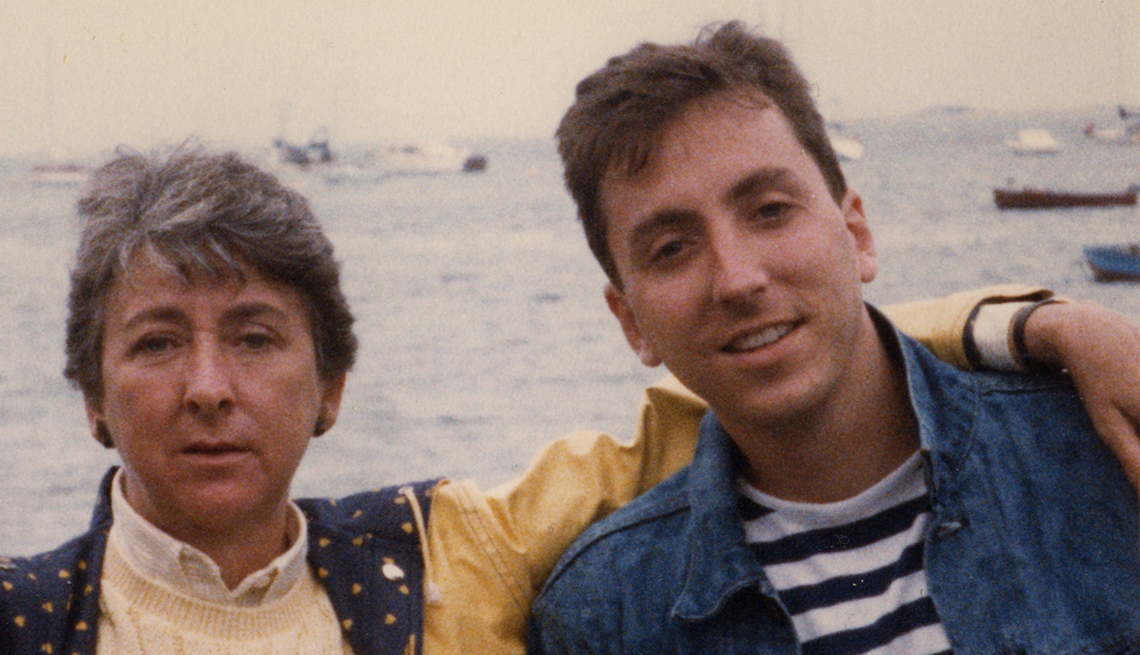Staying Fit
I never knew a house could be so quiet. Or that as a middle-aged man, I could be so bereft and directionless. My mother died a few months ago; we were very close, so this would’ve hurt like hell, anyway. But in the last year, I became my mother’s caregiver. This, putting it mildly, was not my dream job. Yet over the course of that year, something changed. The more I cooked, cleaned, listened to mom’s stories and started running the house, I went from restless and resentful, to a man who actually liked his work. Taking care of this woman helped me transcend myself—for the first time in my life I became that guy who does stuff for other people, the one who actually cares. I miss that new me, almost as much as I miss my mom.
It’s safe to say that initially I would have been absolutely no one’s first choice to be a caregiver. I was your classic, carefree bachelor, living in New York City. I was good with dogs, passable with house plants—and that was about as far as my day-to-day concerns stretched. I loved being unattached and unencumbered. But when my mom was stricken with a serious heart problem it quickly became clear she couldn’t stay in our beloved family house alone. I was wildly unimpressed with the professional home healthcare workers I’d met: They seemed way too interested in babbling on their cells and watching daytime TV. So I decided to step in. I sublet my apartment, moved back to the house where I grew up in upper Westchester, NY and tried to take care of the woman who once did this job so well for me.


AARP Membership— $12 for your first year when you sign up for Automatic Renewal
Get instant access to members-only products and hundreds of discounts, a free second membership, and a subscription to AARP the Magazine.
I won’t lie to you: I was not a natural. I had various levels of success with the vacuum cleaner and was vaguely competent using a pill cutter for mom’s meds. But when it came to washing floors and making meals, I experienced an eerie case of deja vu. As a teen, I had to do such jobs—and I hated ‘em. If I was being graded by Olympic judges, my scores would’ve been embarrassingly low for both degree of difficulty and execution. My cooking was particularly frightening: lumpy oatmeal, soup salty enough to send a seven year old’s blood pressure soaring, terrifying main courses.
What made this worse for me: my mom never complained. Sure, she criticized my impatience and my surly attitude, but never the work itself. Hello, guilt. But things change. Slowly, I started to master nursing and housekeeping. And I began to know this woman, not just as mother, but as person, too—one with actual feelings, experiences of loss and a (gulp) love life. Perhaps most enlightening was the conversation we had when my mom talked about my dad, who’d died a few years earlier. “Did you know,” mom once said, lying in bed, as I dusted her night table, “that your father and I genuinely liked each other? Sometimes, early in our marriage, we’d stay up all night, just talking. Even though we both had to get up early to go to work.”

































































